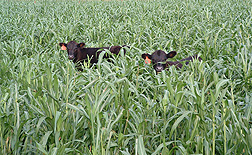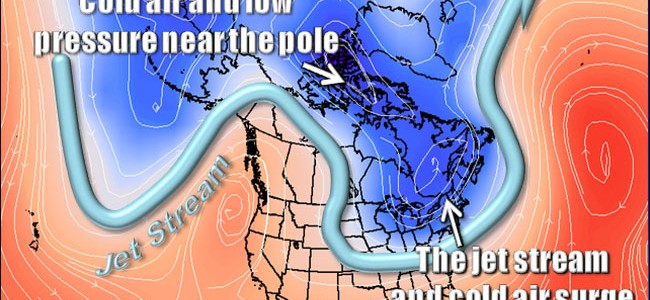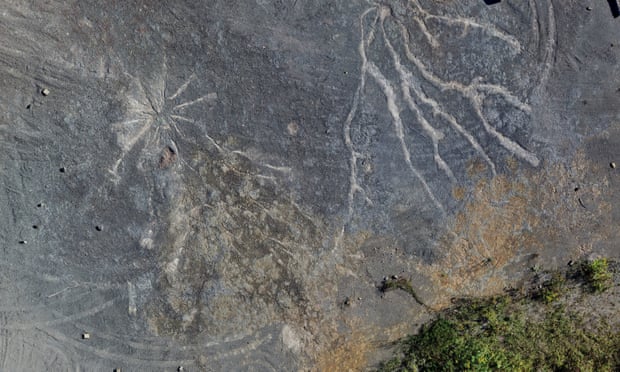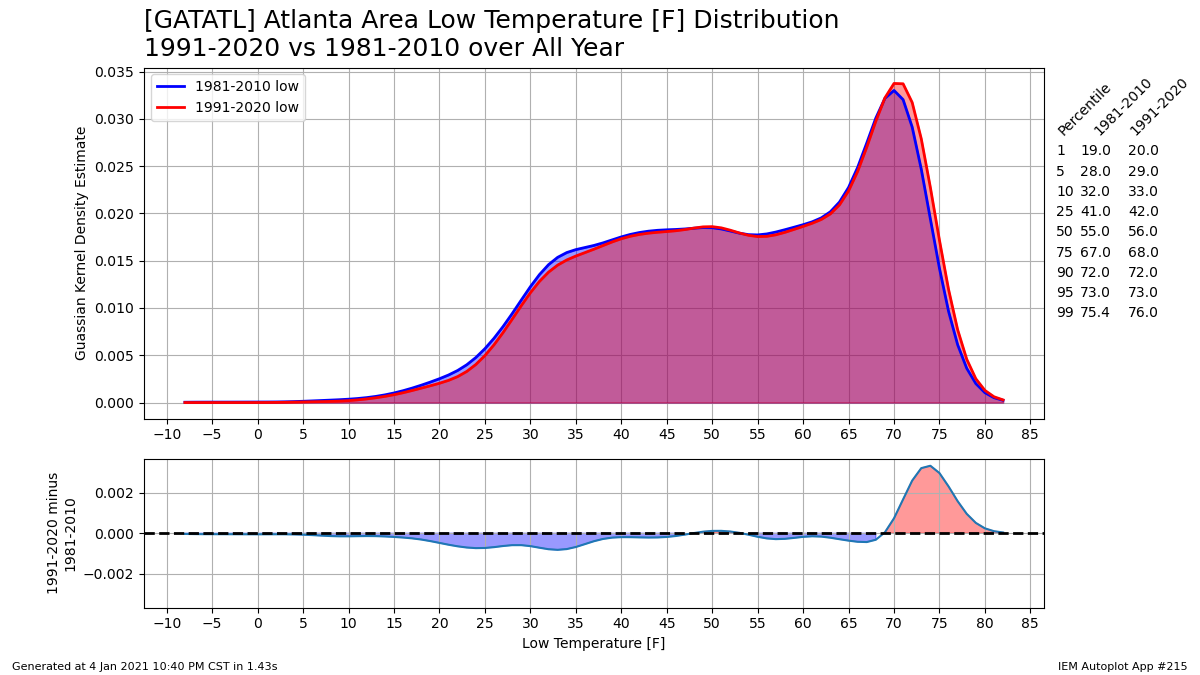Climate science
-

The polar vortex has been in the news again because it is contributing to the cold conditions we have been experiencing in the Southeast recently. But there is still a lot of confusion about what it is and how it has come to affect us here. PBS/Nova has a very interesting discussion of how there…
-

A recent study by scientists at Michigan State University looked at how the storage of terrestrial water will change by the end of the century. Terrestrial water storage includes not just lakes and streams, but also water stored in soils and groundwater. The study showed that many areas of the globe are expected to lose…
-

This week is the annual meeting of the American Meteorological Society, the main professional organization for meteorologists and climatologists in the US and beyond. It is all online this year (a shame since we were supposed to be in New Orleans, but that’s life) so all their activities are available on the web. They offer…
Posted in: Climate science -

Rising temperatures from increased greenhouse gases like carbon dioxide and methane are affecting many aspects of life, including sea level rise, rising costs of utilities, and production management for agriculture. Agriculture is often blamed for the increase in greenhouse gases, although in reality there are other factors that contribute just as much. But agriculture has…
-

Since late December, the atmosphere 18 miles above the North Pole has undergone a dramatic warming of as much as 100 F. This event is called a “sudden stratospheric warming” and has the potential to affect weather near the ground. SSWs occur about six times per decade and vary in strength and timing, although almost…
-

In past blog posts I have discussed the use of proxy data to determine temperatures and precipitation from the past. Tree rings can go back hundreds of years, ice cores can go back thousands to 100,000 years or more, and other records like pollen in lake deposits can also provide clues to climate at particular…
-

If you read climate summaries often, you know that most descriptions of what the climate was like in a particular month or year is put in terms of a departure from normal. But what is ‘normal’? For climatologists, ‘normal’ is a 30-year average of temperature or precipitation which is intended to describe the expected climate…